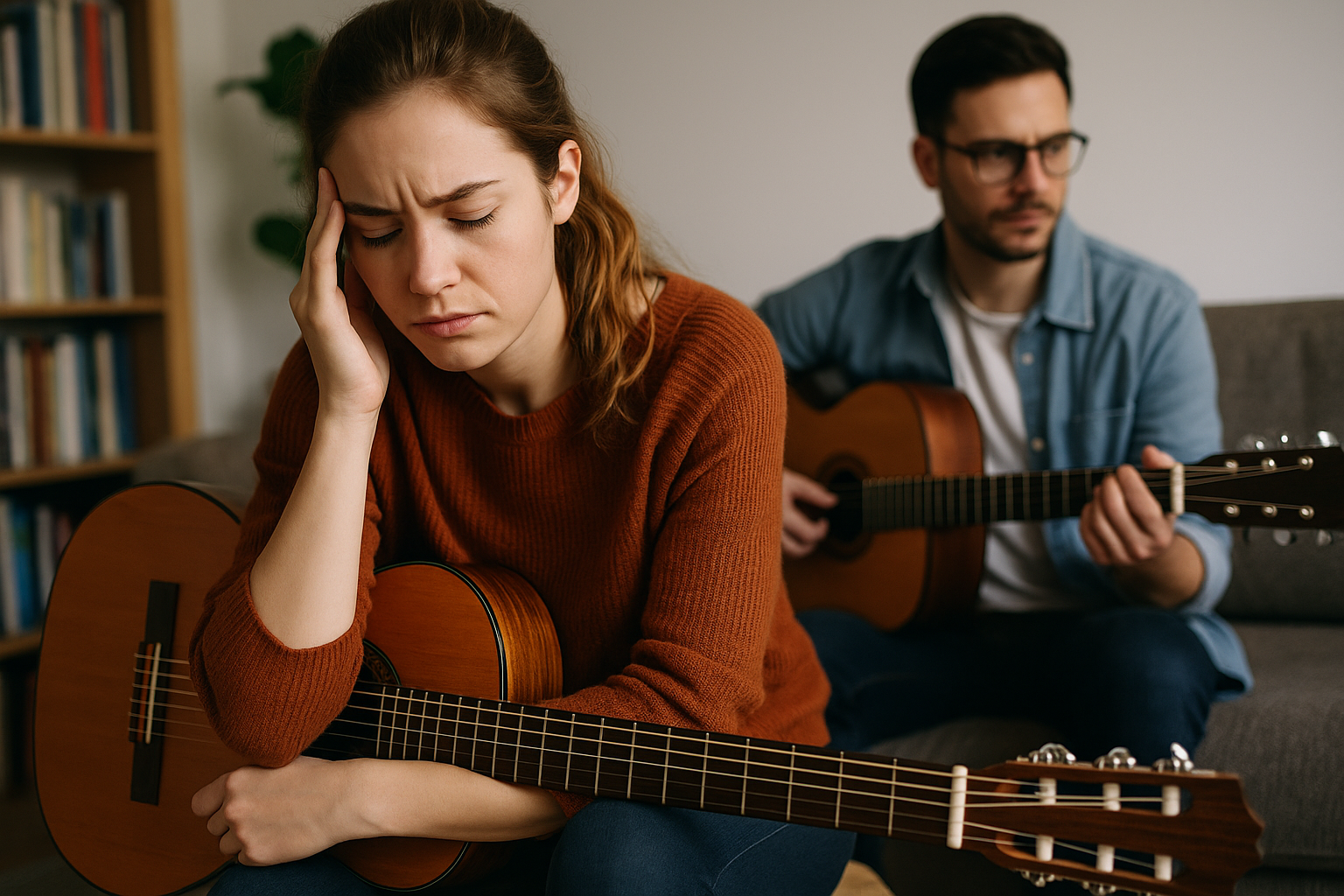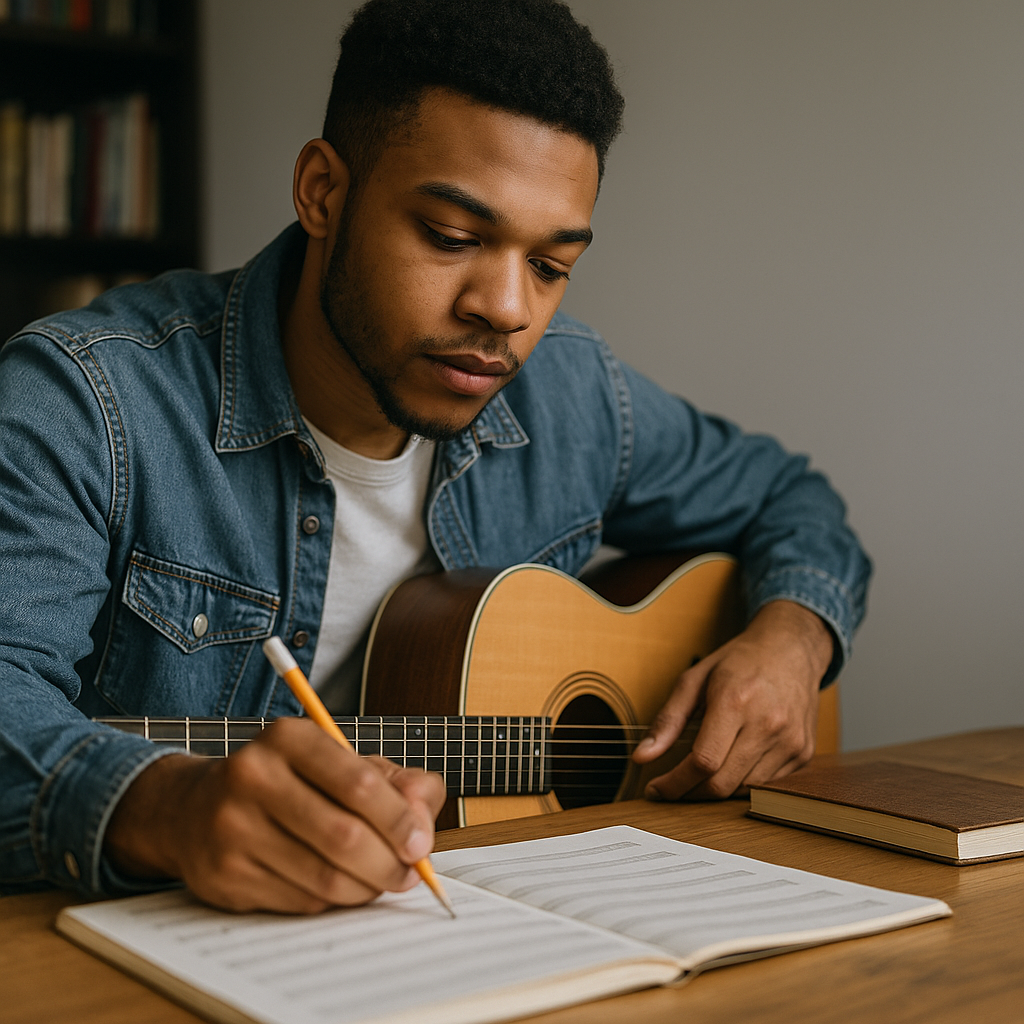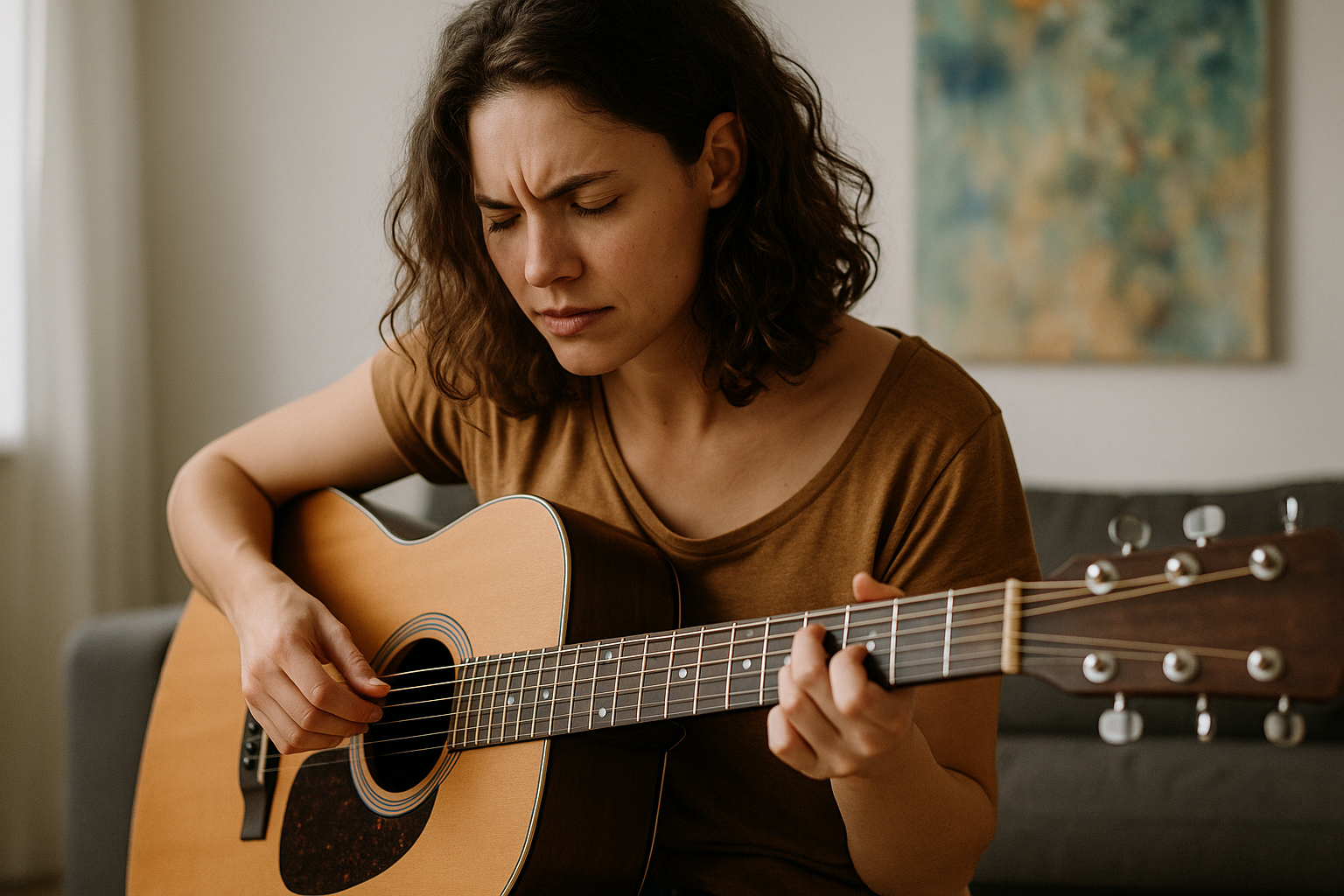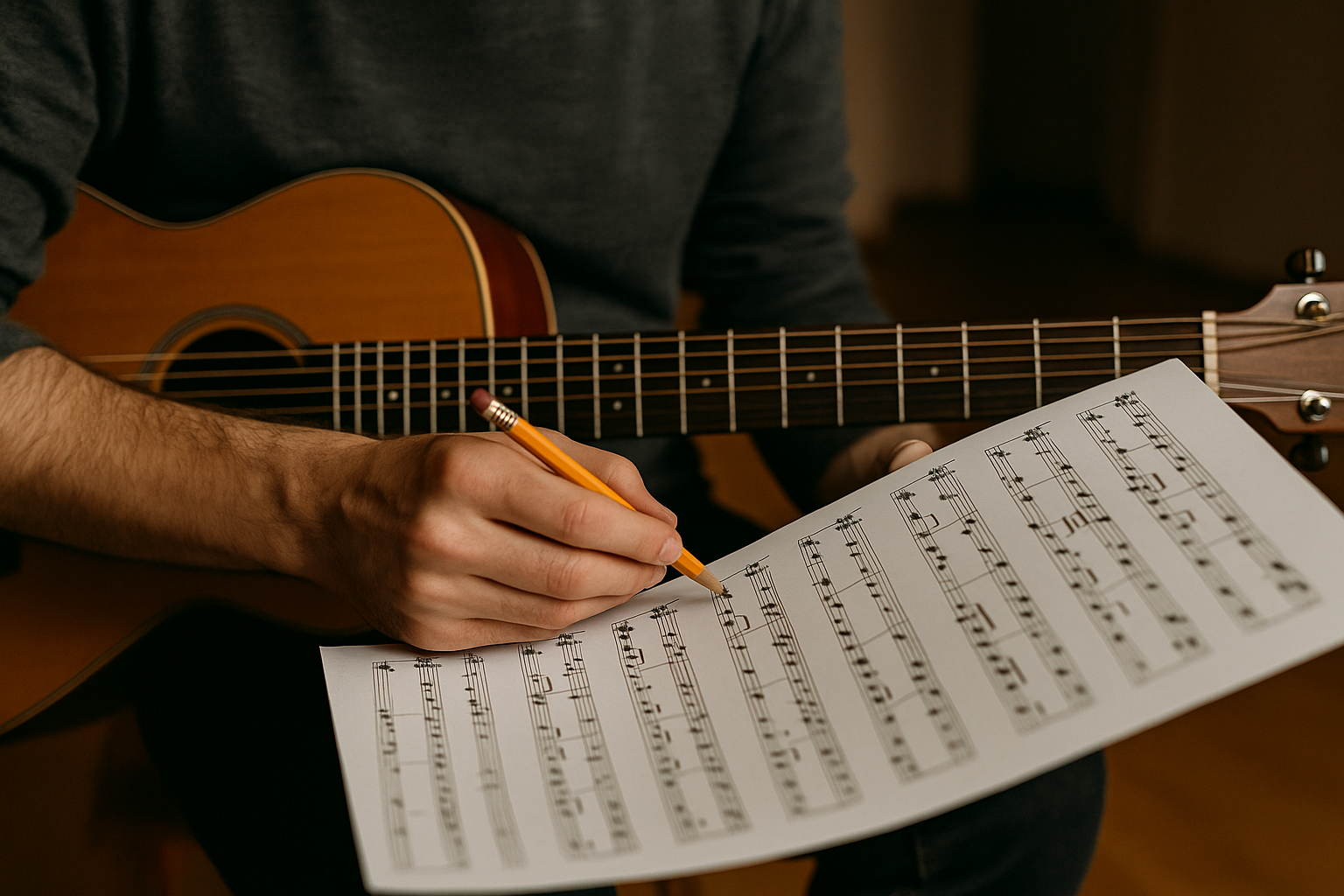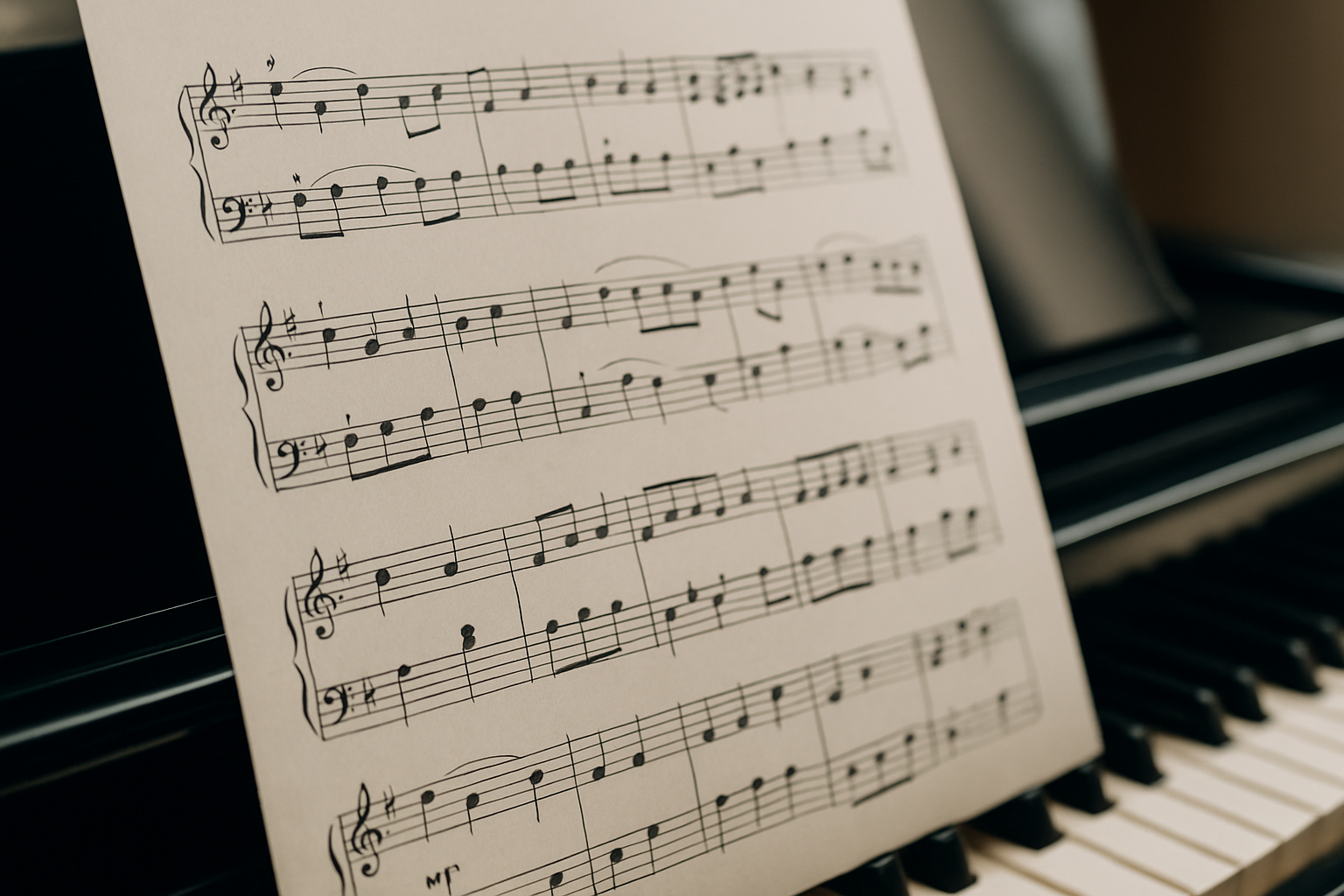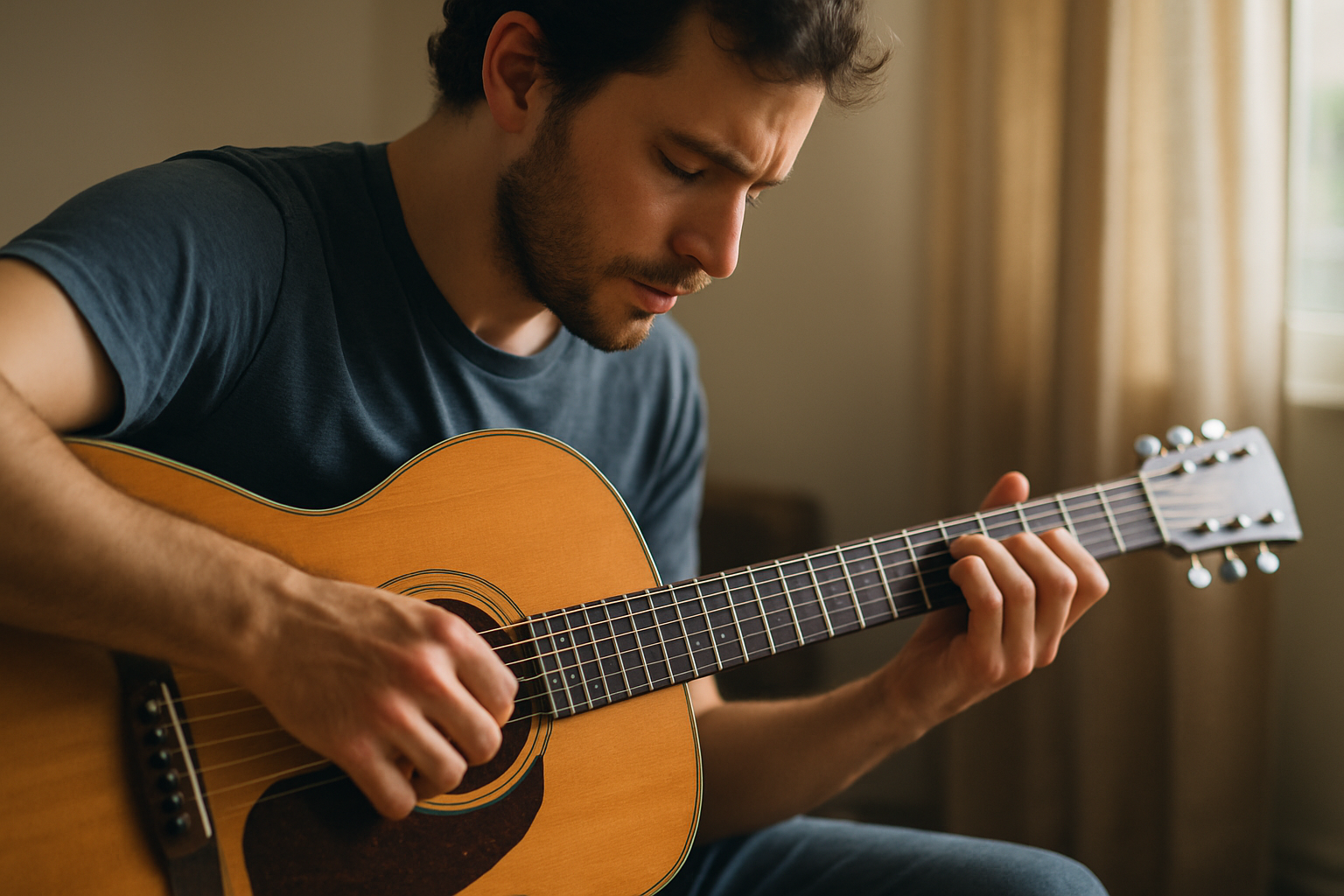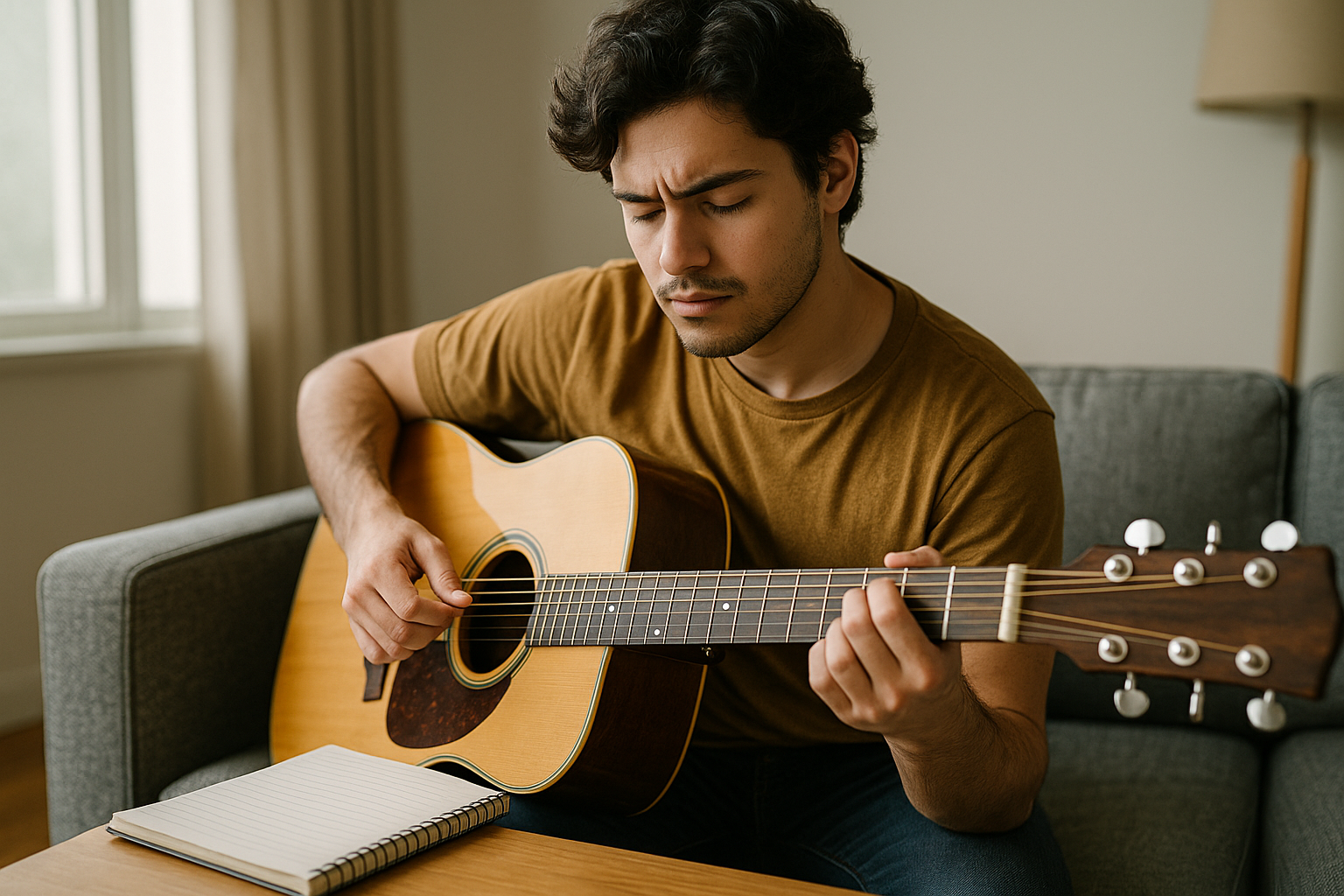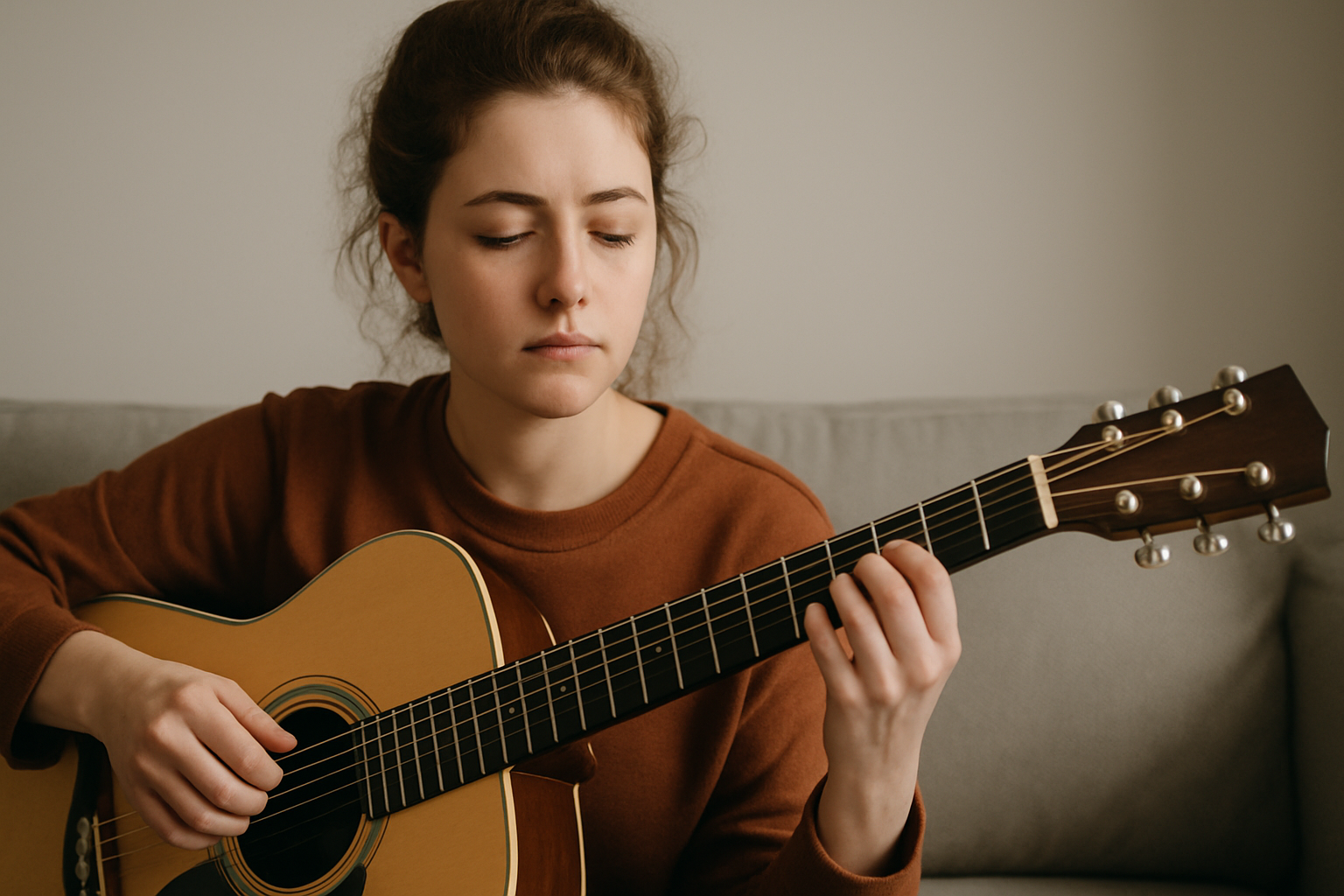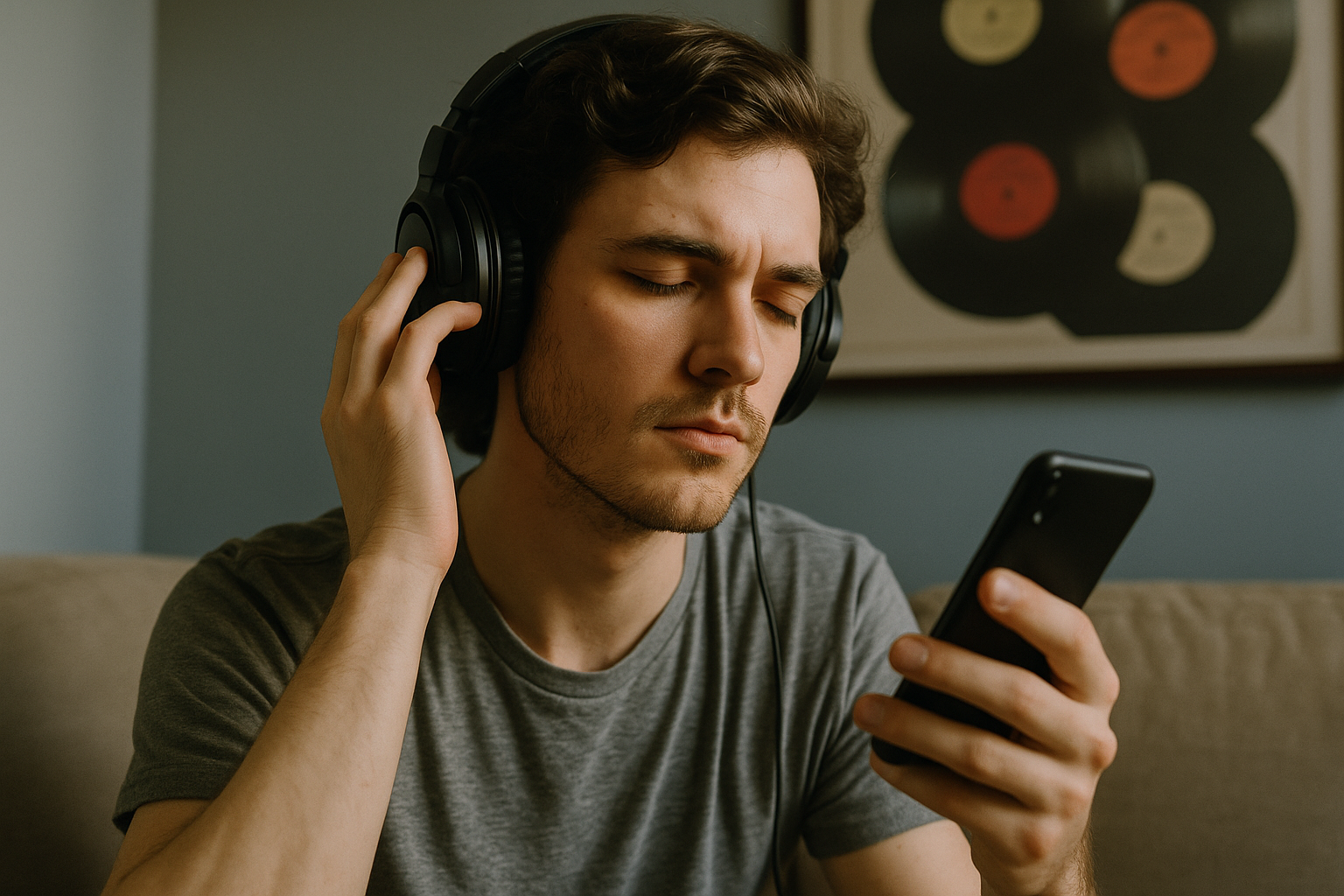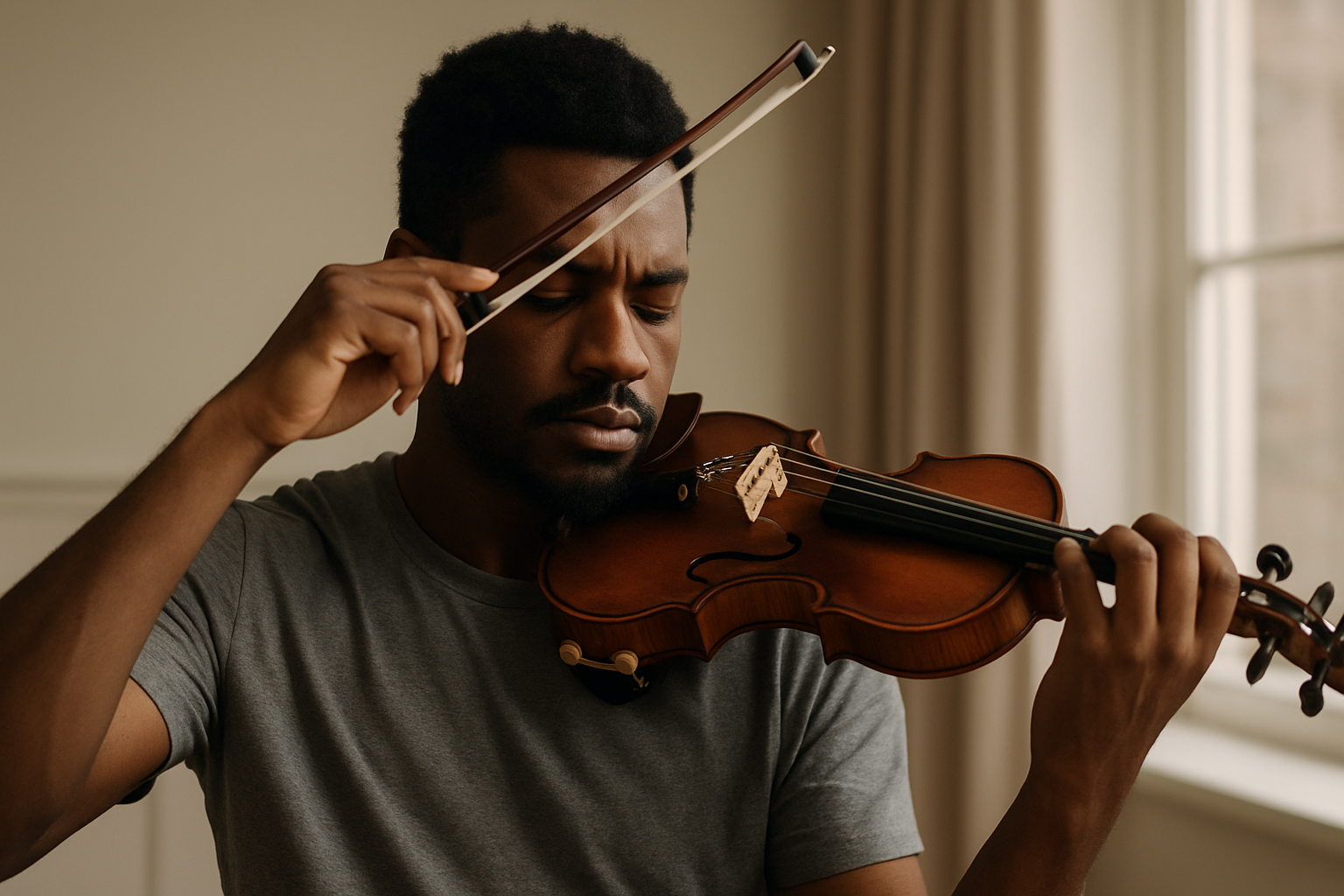Strategies to Avoid Comparing Yourself to Other Musicians
For many musicians, especially beginners, comparison feels unavoidable. You see classmates playing faster, singers hitting higher notes, or professionals performing with ease, and suddenly your own progress feels insignificant. The truth is that comparison is natural—but when it becomes excessive, it can kill motivation, spark self-doubt, and even cause people to give up on music … Ler mais
